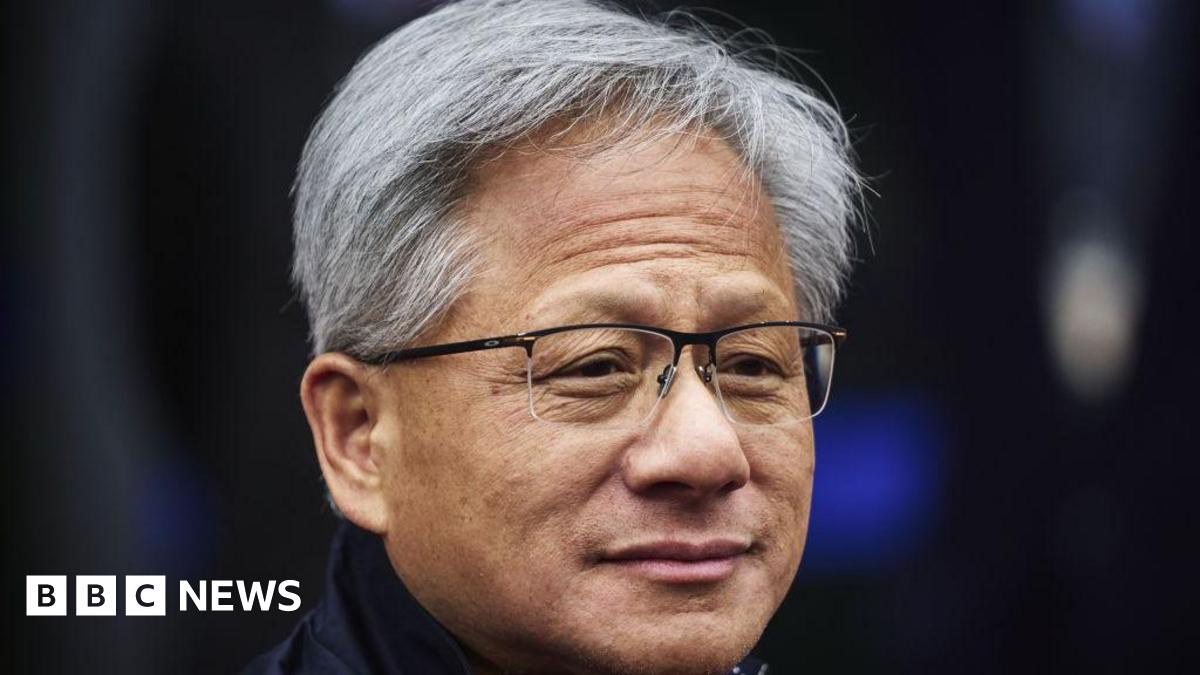


The DeepSeek chatbot was reportedly developed for a fraction of the cost of its rivals, raising questions about the future of America’s AI dominance and the scale of investments US firms are planning.
Last week, OpenAI joined a group of other firms who pledged to invest $500bn (£400bn) in building AI infrastructure in the US.
President Donald Trump, in one of his first announcements since returning to office, called it “the largest AI infrastructure project by far in history” that would help keep “the future of technology” in the US.
DeepSeek is powered by the open source DeepSeek-V3 model, which its researchers claim was trained for around $6m – significantly less than the billions spent by rivals.
But this claim has been disputed by others in AI.
The researchers say they use already existing technology, as well as open source code – software that can be used, modified or distributed by anybody free of charge.
DeepSeek’s emergence comes as the US is restricting the sale of the advanced chip technology that powers AI to China.
To continue their work without steady supplies of imported advanced chips, Chinese AI developers have shared their work with each other and experimented with new approaches to the technology.
This has resulted in AI models that require far less computing power than before.
It also means that they cost a lot less than previously thought possible, which has the potential to upend the industry.
After DeepSeek-R1 was launched earlier this month, the company boasted of “performance on par with” one of OpenAI’s latest models when used for tasks such as maths, coding and natural language reasoning.
Silicon Valley venture capitalist and Trump adviser Marc Andreessen described DeepSeek-R1 as “AI’s Sputnik moment”, a reference to the satellite launched by the Soviet Union in 1957.
At the time, the US was considered to have been caught off-guard by their rival’s technological achievement.
DeepSeek’s sudden popularity has startled stock markets in Europe and the US.
In the US, AI chipmaker Nvidia ended Monday’s trading having plunged 16.9% while its rival Broadcom slumped 17.4%.
Other tech firms also sank, with Microsoft down 2.14% and Google’s owner Alphabet down over 4%.
In Europe, Dutch chip equipment maker ASML ended Monday’s trading with its share price down by more than 7% while shares in Siemens Energy, which makes hardware related to AI, had plunged by a fifth.
“This idea of a low-cost Chinese version hasn’t necessarily been forefront, so it’s taken the market a little bit by surprise,” said Fiona Cincotta, senior market analyst at City Index.
“So, if you suddenly get this low-cost AI model, then that’s going to raise concerns over the profits of rivals, particularly given the amount that they’ve already invested in more expensive AI infrastructure.”
Singapore-based technology equity adviser Vey-Sern Ling told the BBC it could “potentially derail the investment case for the entire AI supply chain”.
But Wall Street banking giant Citi cautioned that while DeepSeek could challenge the dominant positions of American companies such as OpenAI, issues faced by Chinese firms could hamper their development.
“We estimate that in an inevitably more restrictive environment, US access to more advanced chips is an advantage,” analysts said in a report.
Meanwhile, DeepSeek said on Monday it had been the victim of a cyberattack.
“Due to large-scale malicious attacks on DeepSeek’s services, we are temporarily limiting registrations to ensure continued service,” it said in a statement.
“Existing users can log in as usual. Thanks for your understanding and support.”